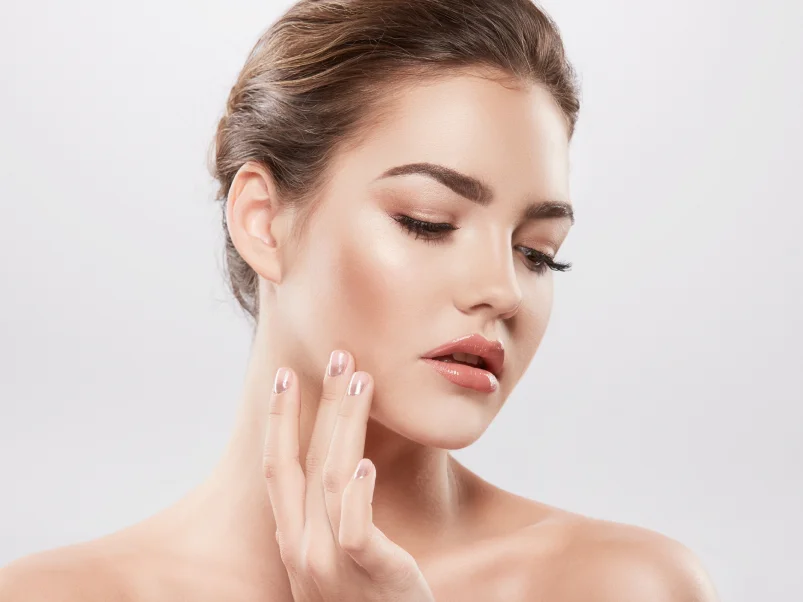Does Skin Whitening Treatment Help Body Areas Too?
Achieving an even skin tone is a common goal for many individuals, especially those dealing with hyperpigmentation, dark spots, or uneven skin texture. While facial treatments often take center stage, people also wonder whether skin whitening treatments can effectively address discoloration on other body parts. Skin whitening treatment in Dubai has gained popularity for its ability to target various areas beyond the face, offering a more uniform complexion across the body. But how effective are these treatments for larger or different skin zones? Let’s explore this in detail.
What is Skin Whitening Treatments?
Skin whitening treatments are designed to reduce melanin production, lighten dark patches, and promote a more balanced skin tone. These procedures use advanced technologies such as lasers, chemical peels, or topical agents to address pigmentation concerns. While they are frequently associated with facial treatments, many of these methods can be adapted for use on the body.
How Do These Treatments Work on the Body?
The skin on the body differs from facial skin in thickness, texture, and melanin distribution. Areas like the elbows, knees, underarms, and neck are often prone to darkening due to friction, sun exposure, or hormonal factors. Fortunately, specialized skin whitening treatments can be tailored to suit these regions, ensuring safe and effective results.

Common Body Areas That Benefit from Skin Whitening
1. Underarms
Dark underarms can result from shaving, excessive sweating, or hormonal changes. Skin whitening treatments help lighten this area by exfoliating dead skin cells and inhibiting melanin overproduction.
2. Neck and Décolletage
The neck and chest area is frequently exposed to the sun, leading to sunspots and uneven tone. Treatments here focus on gentle exfoliation and brightening to blend seamlessly with facial results.
3. Hands and Arms
Age spots, sun damage, and post-inflammatory hyperpigmentation often affect the hands and arms. Laser therapies and peels can significantly improve their appearance.
4. Knees and Elbows
These areas tend to develop thicker, darker skin due to constant friction. Whitening treatments help soften and lighten them for a more uniform look.
5. Back and Shoulders
Post-acne marks or sun-induced pigmentation on the back can be stubborn. Professional treatments break down excess pigment for clearer, smoother skin.
Choosing the Right Treatment for Body Whitening
Not all skin whitening methods are suitable for every body part. Factors like skin sensitivity, thickness, and the cause of pigmentation influence the choice of treatment. Here are some commonly used options:
Laser Therapy
Laser treatments target melanin deposits beneath the skin, breaking them down for gradual lightening. They work well on larger areas like the back, arms, and legs.
Chemical Peels
Mild to moderate peels exfoliate the outer skin layers, reducing surface pigmentation. They are ideal for smaller zones like underarms and knees.
Topical Depigmenting Agents
Prescription-based creams containing ingredients like hydroquinone, kojic acid, or arbutin can be applied to specific areas for controlled lightening.
Safety and Considerations
While skin whitening treatments are generally safe, certain precautions should be taken:
- Patch Testing: Always conduct a patch test to rule out adverse reactions.
- Sun Protection: Treated areas must be shielded from UV exposure to prevent further pigmentation.
- Professional Guidance: A qualified practitioner should assess skin type and recommend the best approach.
Expected Results and Maintenance
Results vary depending on the treatment and skin condition. Multiple sessions may be needed for optimal outcomes. Maintenance includes using sunscreen, moisturizing regularly, and avoiding harsh skincare products that could irritate the skin.
Final Thoughts
Skin whitening treatments can indeed be effective for various body areas, offering a more harmonious complexion. Whether addressing dark underarms, uneven elbows, or sun-damaged shoulders, customized solutions exist to meet individual needs. Consulting a skincare specialist ensures a safe and tailored approach for lasting, natural-looking results.
